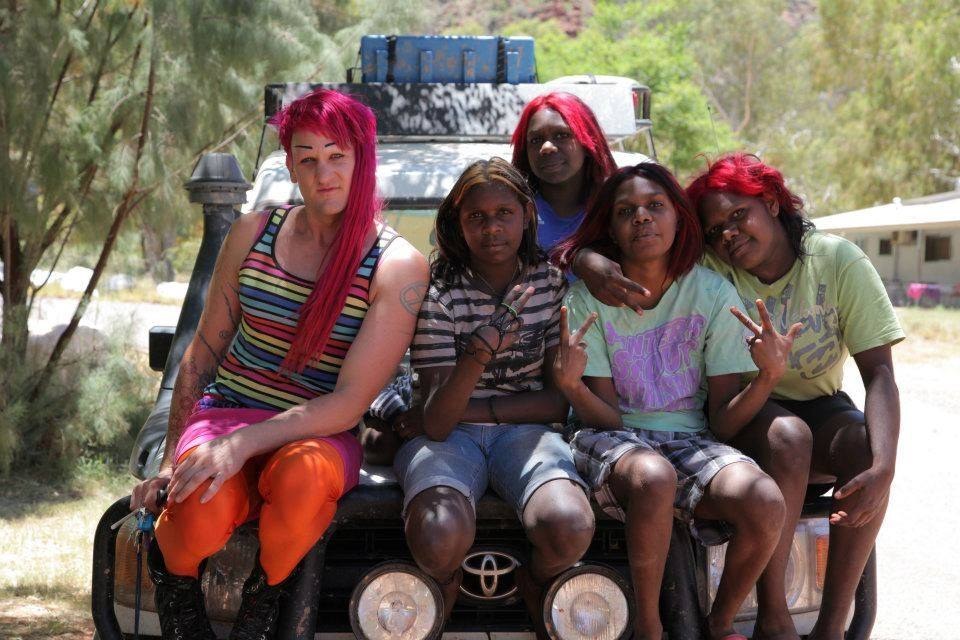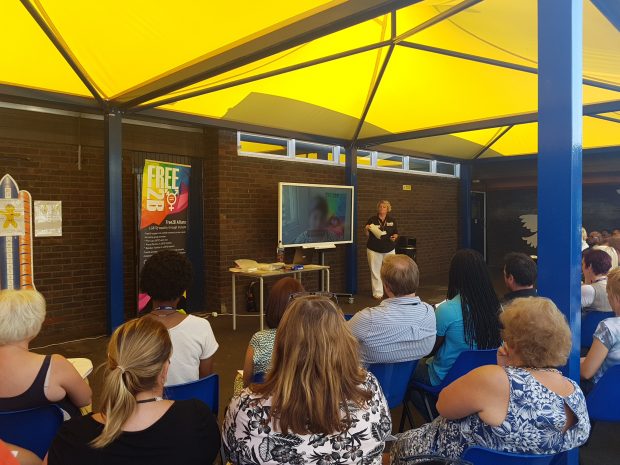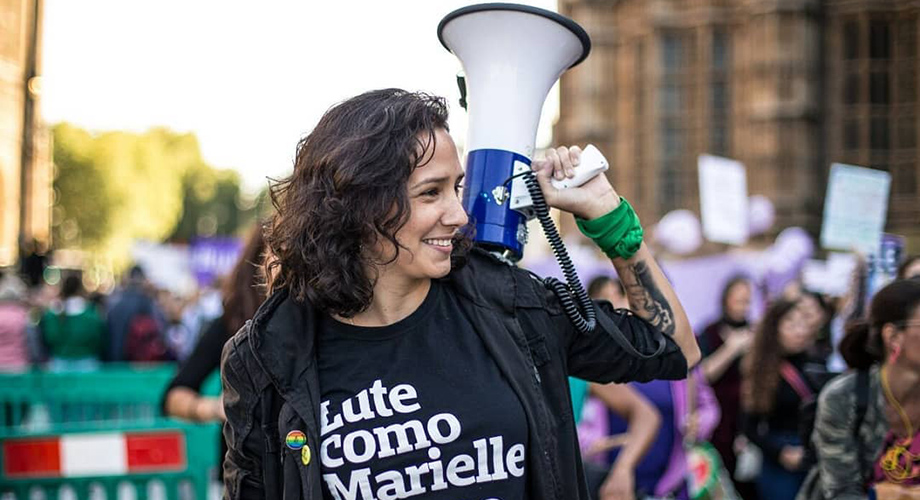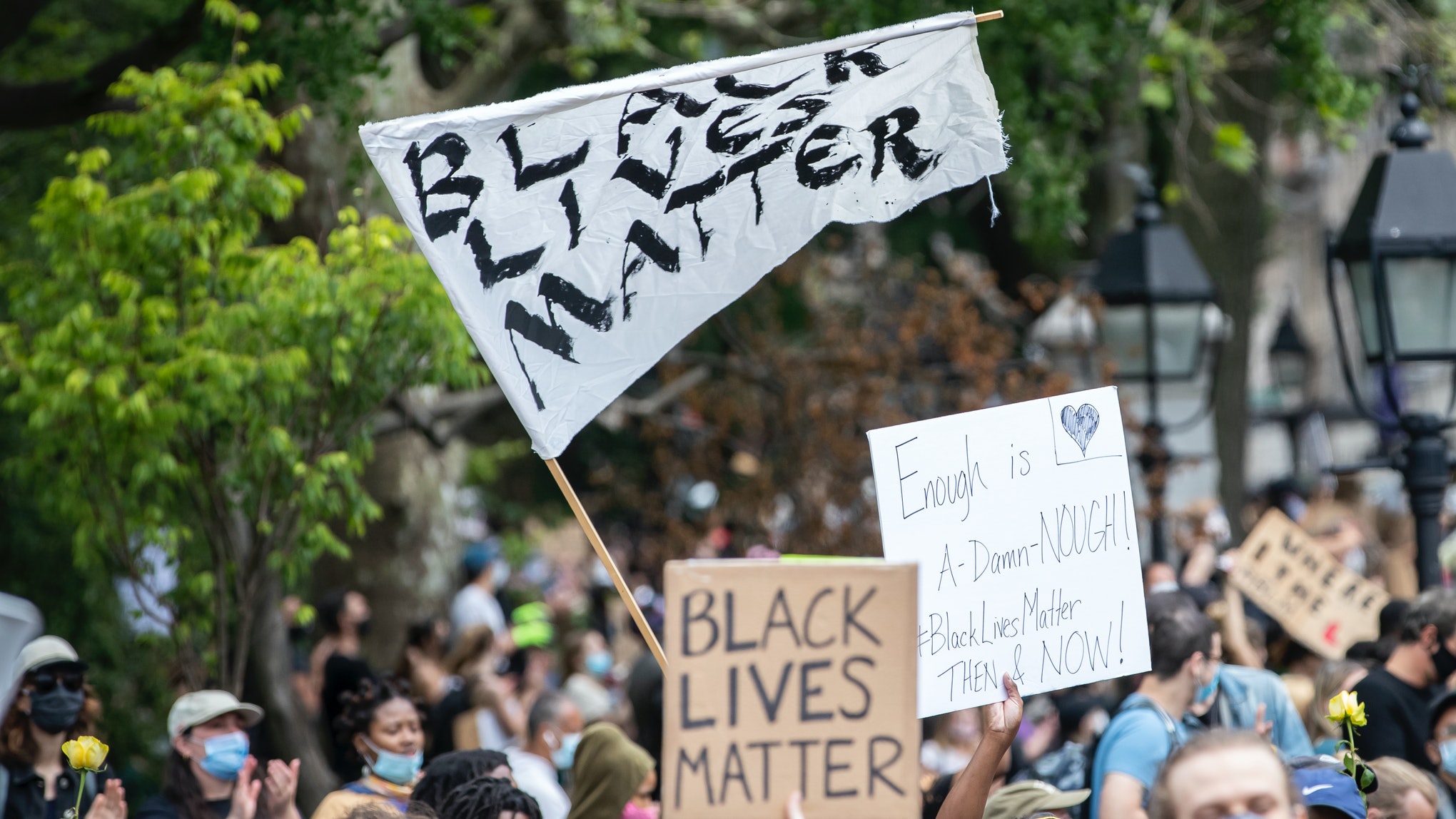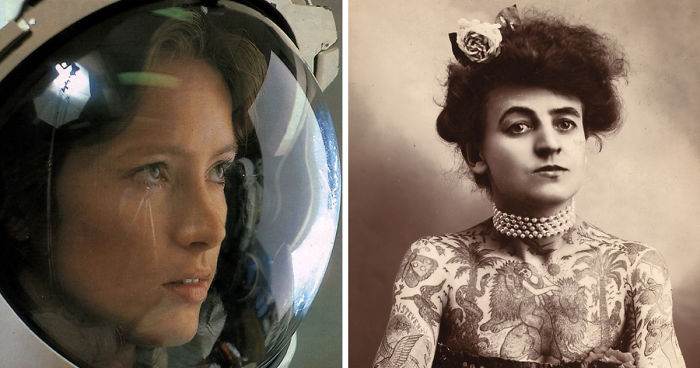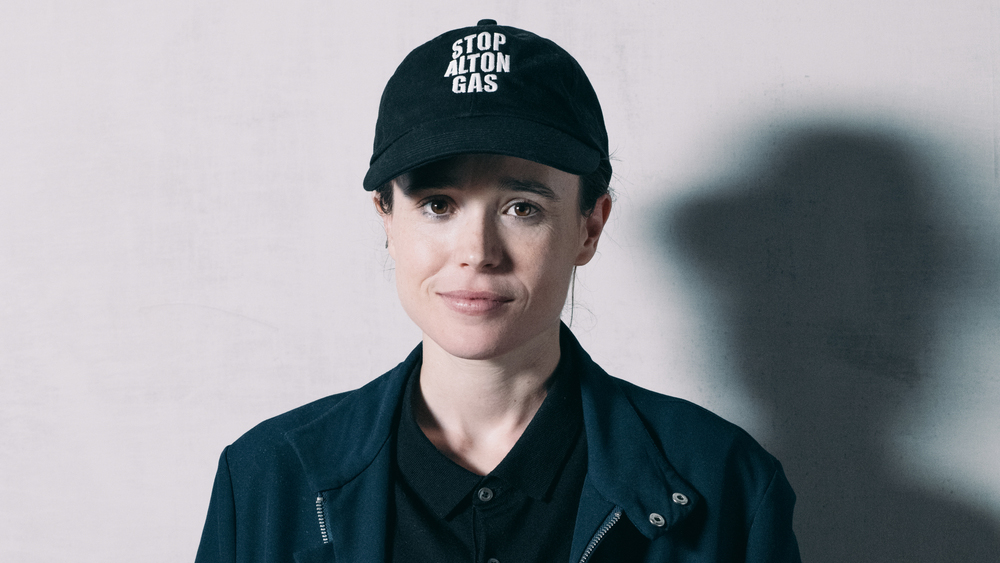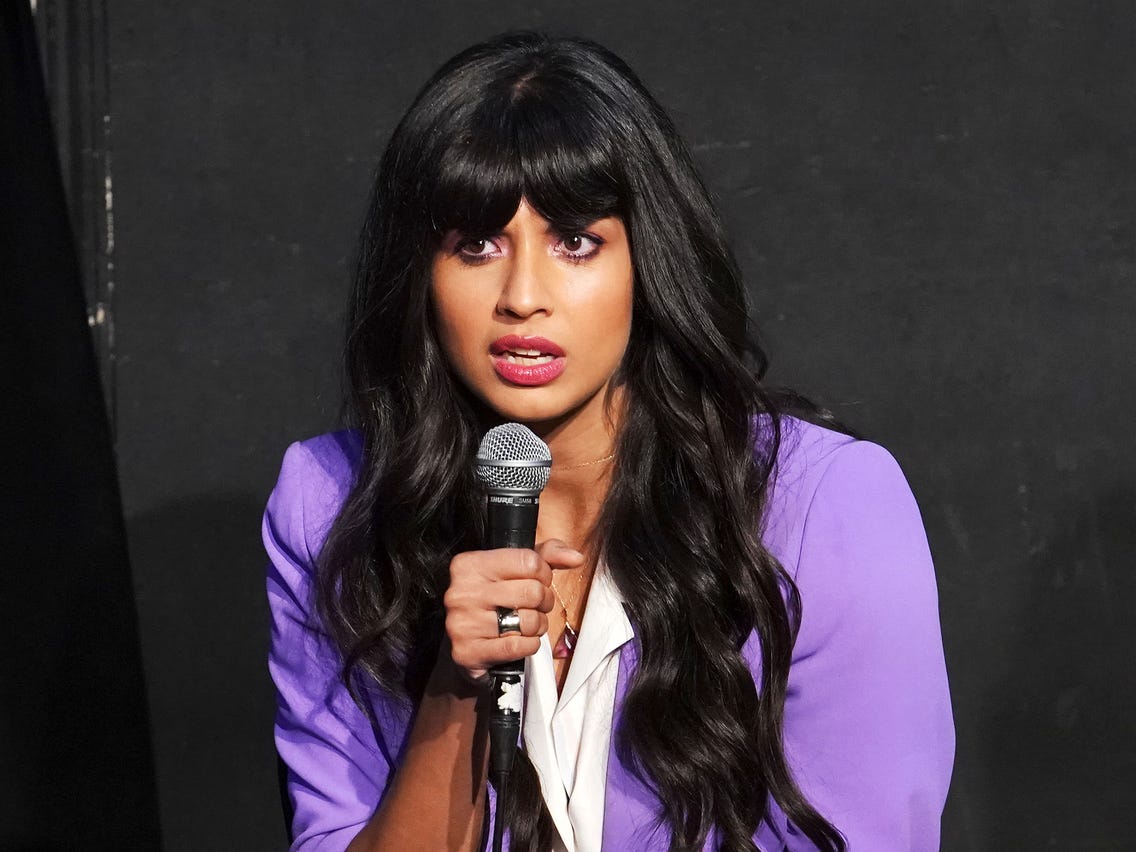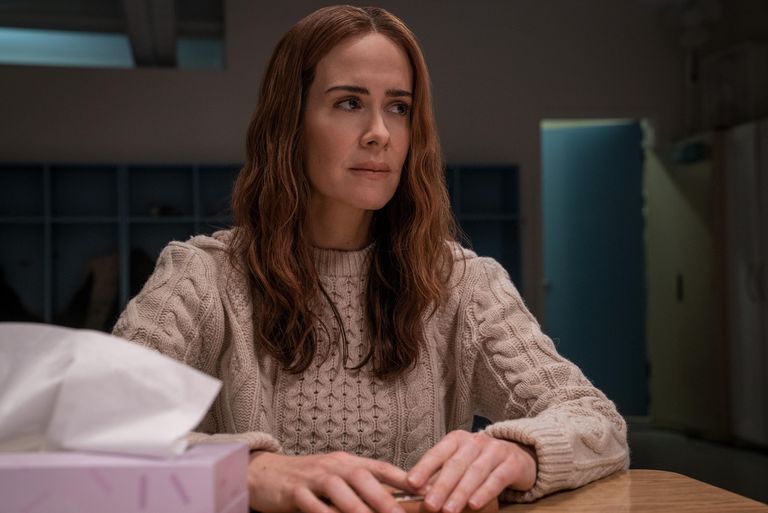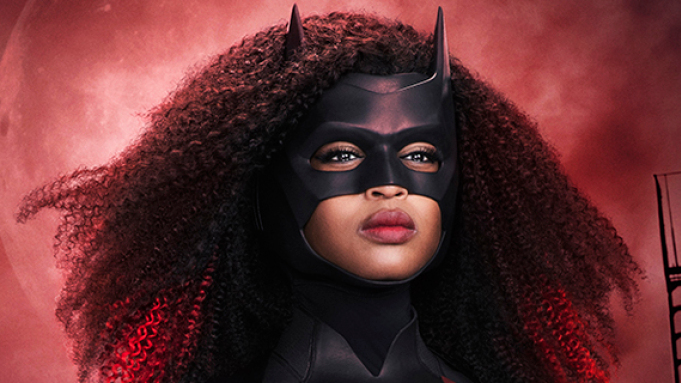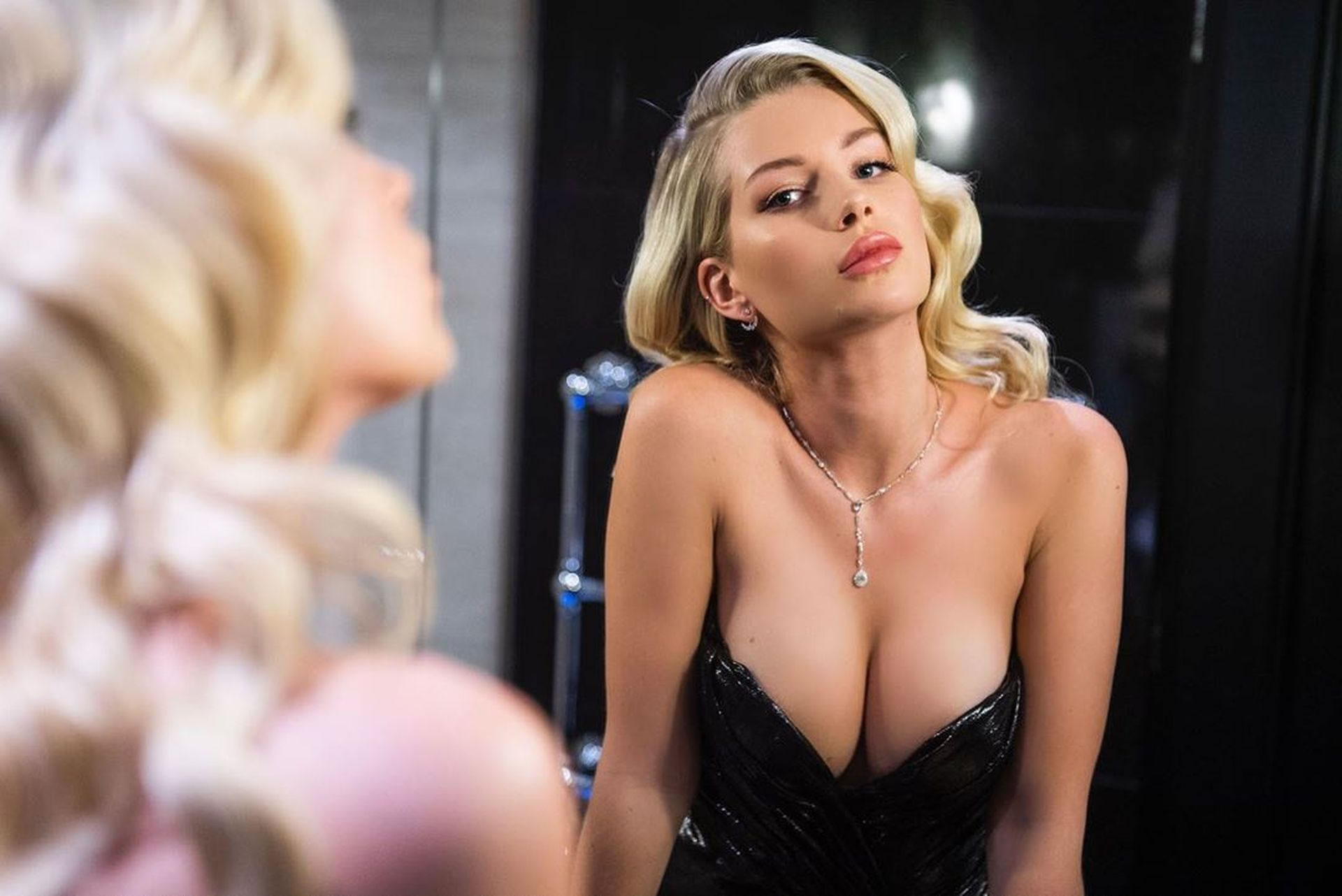The indigenous queer community is loud, powerful and strong.
Rather, communities. Just as there is more than one way to be queer, there are many ways to be indigenous.
For example, in North America, queer indigenous people are rapping and making art. But their experiences are different from queer people in South America and queer people in the Pacific.
Twenty-two queer indigenous people from Australia have released a new book called Colouring the Rainbow – Blak Queer and Trans Perspectives: Life Stories and Essays by First Nations People of Australia. But this book isn’t just for queer indigenous people or even for Australians – everyone can learn about queer identities, queer histories and the legacy of colonialism from their stories.
The editor, Dino Hodge, created the book in order to combat the painfully homogenous, painfully white queer narratives being told in Australia.
It’s hard to deny that in the United States and abroad, certain queer voices have more value than others. Gay, cisgender white males are the face of the LGBT movement. That’s why Will and Grace featured an upper-class white male and not, say, a queer disabled indigenous woman or a two-spirit person of low socioeconomic status. Those members of the LGBT community are pushed to the back.
In Australia, the story is similar. Indigenous people are struggling to gain acceptance in the country despite the fact that they’ve lived there for centuries, and they have had their queer histories erased. They are not allowed to be the face of the gay rights movement despite the fact that their cultures practiced homosexuality centuries before the Western world decided it was acceptable.
For centuries, many First Nation Australian communities saw homosexuality as natural. When western colonists arrived to Christianize the continent, they wiped out all traces of these practices and told the First Nations people that homosexuality was a sin. Ironically, today the descendants of these colonists call the First Nations people backward for having conservative views on homosexuality.
This book works to decolonize readers’ minds and reveal the richness of Australia’s queer indigenous community. Finally, they have a voice. The book’s writers discuss homophobia and transphobia that they have faced, racism that they have struggled against and decolonization that they have to practice daily.
Pick up your copy here.
